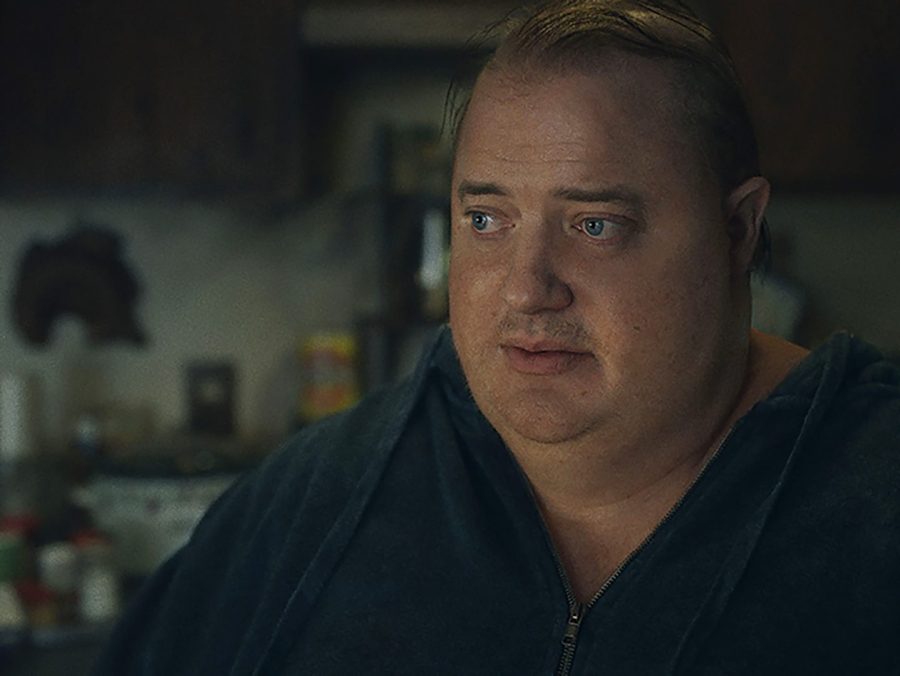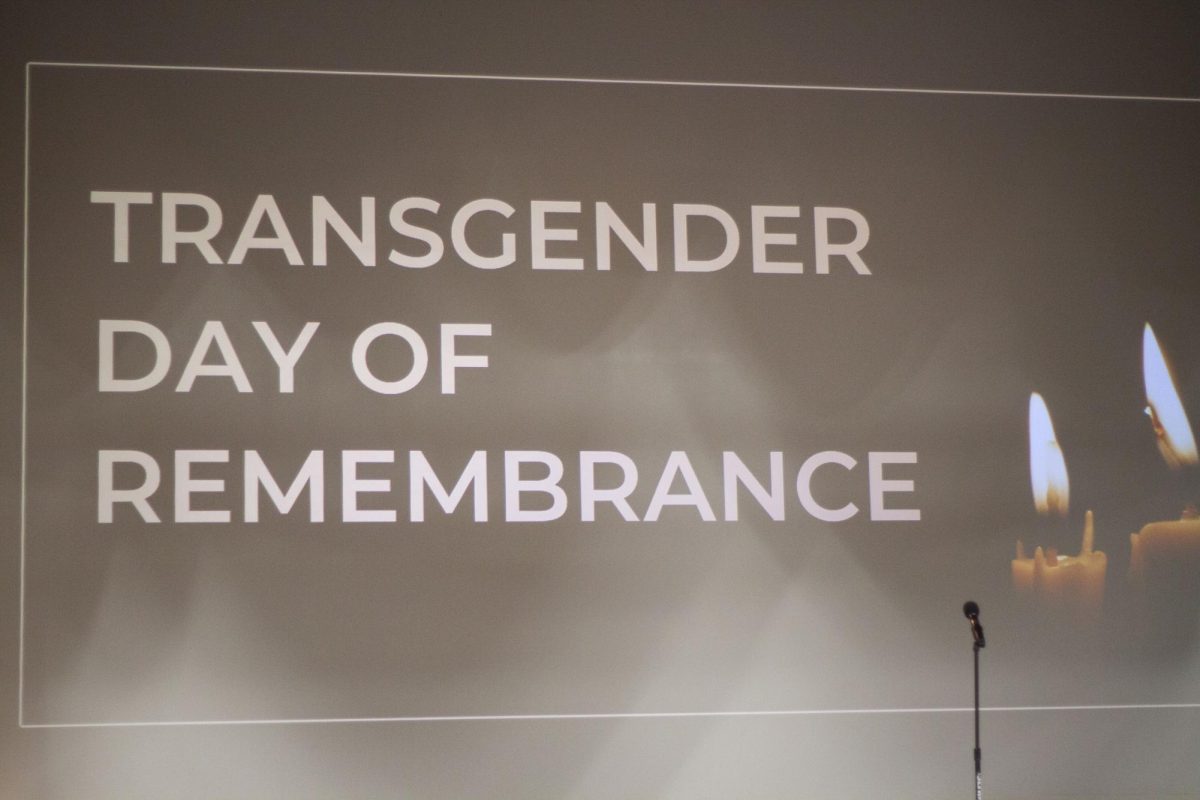The recent string of award ceremonies has had its fair share of head-scratching moments, with Jo Koy’s uncomfortable Golden Globes monologue or “I’m Just Ken” from Barbie winning best song over Barbie’s other nominee “What Was I Made For?” at the Critics’ Choice Awards. One of the biggest puzzles for fans of the Breaking Bad prequel series “Better Call Saul” is how it has now reached its end of production without a single Emmys win.
The show ranks highly as one of the most nominated shows of the decade, totaling 53 nominations. Despite having only six seasons, it managed to garner seven Outstanding Drama Series nominations.
This year, “Better Call Saul” was in the running for seven awards, including:
Outstanding Picture Editing For A Drama Series for the episode “Saul Gone,”
Outstanding Lead Actor In A Drama Series for Bob Odenkirk,
Outstanding Supporting Actress In a Drama Series for Rhea Seehorn,
Outstanding Drama Series,
Outstanding Sound Mixing For A Comedy Or Drama Series for episode “Saul Gone,”
Outstanding Writing For A Drama Series for episode “Saul Gone,”
Outstanding Writing For A Drama Series nomination with the episode “Point and Shoot.”
With this list in mind, I would say that the most obvious snub is Gordon Smith or Peter Gould not winning the Outstanding Writing For A Drama Series category. It was the only series in the category to have two nominations and it didn’t win either of them.
Between the two episodes, it’s honestly hard to pick which deserved it more. “Point and Shoot” from season six delivers tension to an extreme that I don’t think the series had previously reached. The episode takes all of the life-or-death stakes that had been set up to this point and brings them down on our main cast all at once. Viewers fear for the characters whose fate is unclear in “Breaking Bad” but still worry for the characters that fans of “Breaking Bad” know are “safe.” It’s a kind of paranoia and thrill that is impressive from a live-action drama such as “Better Call Saul.”
As good as the former is, I think “Saul Gone” deserved the writing award the most. The series finale has a sense of somber dread as it approaches an ending that the viewer knows can’t end well for Goodman.
The opening of the episode especially captures this melancholic tone, serving as a flashback to the season five episode “Bagman,” even though it is a new scene. In the original episode, Goodman finds himself stranded in the desert with secondary protagonist Mike Ehrmentraut after an illegal money exchange goes wrong. During their time in the desert, Goodman and Ehrmantraut learn more about each other and their motivations.
The new flashback scene gives previously unheard dialogue between Ehrmantraut and Goodman, showing their differing viewpoints on the decisions they’ve both made and their regrets. This conversation is not only fitting for the arcs these characters underwent during “Better Call Saul,” but also recontextualizes their arcs in “Breaking Bad.”
The whole series strikes a nice balance between the prequel story it’s trying to tell and adds aspects of the “Breaking Bad” timeline not previously seen. It eventually leads to the black-and-white future where we see Goodman’s life under his false identity of Gene Takovic. These scenes slowly lay the setup that eventually concludes Goodman’s story.
The writers did a phenomenal job of bringing all of these elements together in a way that serves as a final send-off for not just Goodman but for the “Breaking Bad” franchise.
While the competition for Outstanding Lead Actor In A Drama Series was steep for Bob Odenkirk, with big names such as Pedro Pascal and category winner Kieran Culkin, I still think it’s a shame that he didn’t win this year or any of the previous years he was nominated. The way he plays the role of Goodman in this prequel makes him feel like a completely different character. It’s done in a way that doesn’t feel inconsistent but rather intrigues the viewer to see how he became the person he’s known as in “Breaking Bad.”
Odenkirk’s dedication to the role was impressive as well, with him returning to finish filming the final season immediately after recovering from a heart attack he suffered while on set. The role was transformative for him as well, as Odenkirk was previously considered a more comedic actor but is now an award-nominated drama actor.
While the Emmys critics may have overlooked this show, fans and critics elsewhere have not. The final season alone has eight episodes with a nine or above rating on IMDb. “Better Call Saul” had an absolutely legendary run that fans and future viewers alike will never forget.























Anon • Jan 26, 2024 at 3:18 pm
Bob Odenkirk deserves his flowers!!